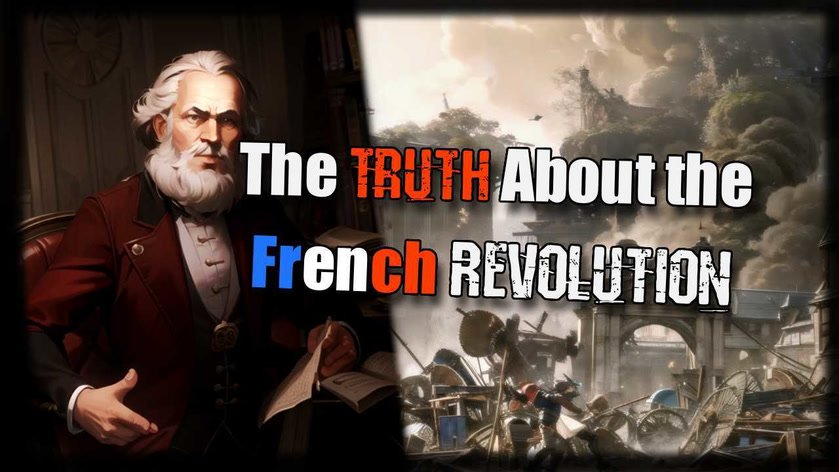Stefan Molyneux: 12 HOURS ON THE FRENCH REVOLUTION!
0 comments
Free to donors in November!
https://www.freedomain.com/donate
In this lecture, I present a radical thesis that challenges the conventional view of history. I argue that the grand movements, ideas, and politics are not the cause of historical events. Instead, I propose that the sway between violence and reason in human conflicts is determined by our predisposition to listen to the language we already speak, shaped by our childhood experiences. I explore the tragic consequences of individuals who escape from chaos but fail to help others, leaving them to suffer.
To understand the French Revolution, we must consider childhood experiences and objective ethics. I delve into the difference between the French Revolution and the American Revolution, uncovering the dark underbelly of the French Revolution characterized by child abuse and neglect. The middle class, who could have been beacons of hope, turned a blind eye or contributed to the chaos. I discuss the influential thinkers of the time, such as Voltaire and Diderot, and their criticisms of religion and power structures.
I then focus on the contrasting perspectives of Rousseau and Locke on childhood and their impact on society. Rousseau believed that the state should have complete control over education, while Locke emphasized the importance of individual agency. I discuss their ideas on the tension between reason and emotion and the role of childhood in shaping society's acceptance of various ideas.

Comments